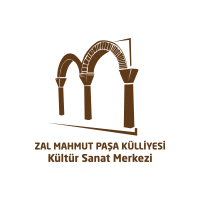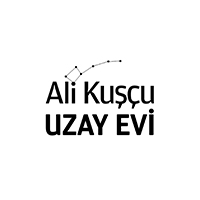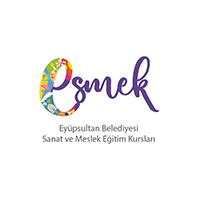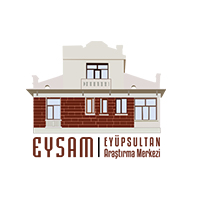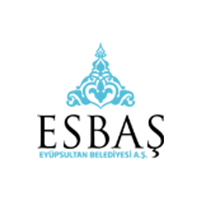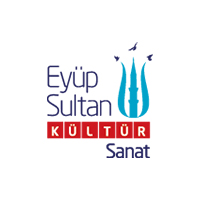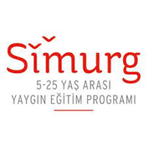Mihrişah Valide Sultan Mezarlığı
Taş No 35: İsmail Paşa
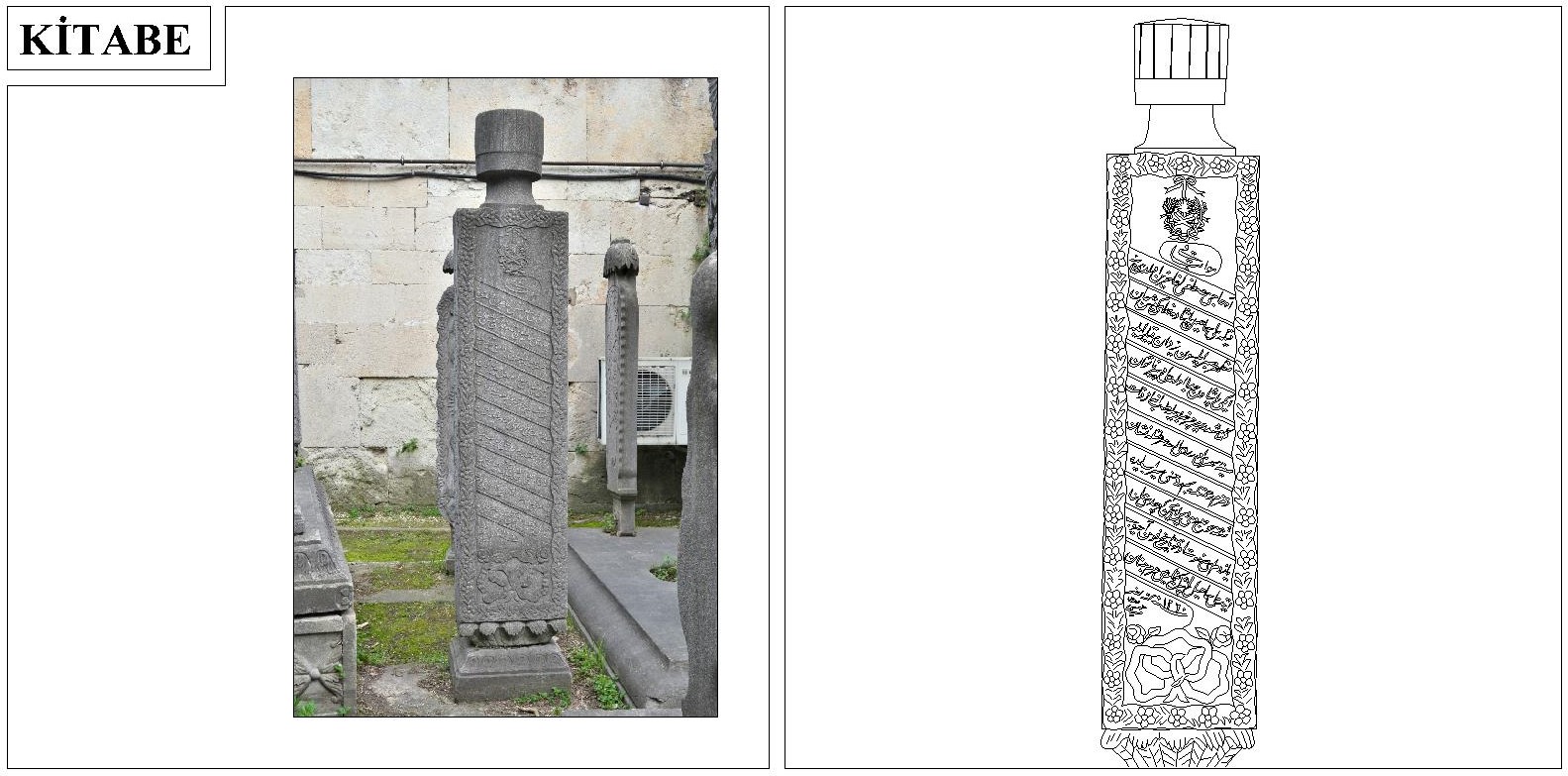
Transkript Metin:
Hüve’l-Bâkî
Âh Hâcı Mustafâ Âğâ hazîn oldu yine
Kıldı İsmâ‘îl Paşa da fedâyı kebş-i cân
Mazhar-ı sabr eylesün Yezdân [bâ]kîler ile
İki Paşadan cüdâ oldu o pîr-i nâtuvân
Gelmemişdir zîr-i çehre böyle top-endâz-ı zât
Sîne-i dehri ururdu alsa sürâtle nişân
Zemzem-i rahmetle Rabbim rûhunu sîr-âb ede
Teşne-i hûn-ı ‘adivv-i dîn iken göçtü hemân
Yazdım ey Safvet oku târîh-i fevtin acıyup
Etti İsmâ‘îl Paşa genç idi ‘azm-ı cinân
Sene 1260
Ketebehu el-fakîr Mehemmed Rif‘at Mısrî
Sadeleştirilmiş Türkçe Metin
Hacı Mustafa Ağa’nın oğlu İsmail Paşa’nınşair Safvet tarafından yazılan1260/1844-5 tarihli kitabesi. Kitabe metninin Mehmed Rıfat Mısrî tarafından istif edildiği kaydedilmektedir.
Yan Cephe: Hacı Mustafa Ağa’nın oğlu Hassa Topçu Askeri Mirlivası İsmail Paşa’nın şair Cevad tarafından yazılan 1260/1844-5 tarihli kitabesi.
35thTombstone: Ismail Pasha
Epitaph of Ismail Pasha, son of Hacı Mustafa Agha, written by the poet Safvet, dated 1260/1844-5. It is recorded that the calligraphy was applied by Mehmed Rıfat Mısrî.
Side Façade: The epitaph of İsmail Pasha,General of the ImperialArtillary Corps, son of Hacı Mustafa Agha, written by the poet Cevad, dated 1260/1844-5.
SANATSAL FORM HAKKINDA
Mezar kaideli iki şahide taşlı bir mezar olup taş sanduka yoktur. Bir erkek mezarıdır.
Şahide taşları işlemelidir. Baş şahidesinin kuzey ve güney kısımlarında Osmanlıca hat bulunmaktadır. Baş şahidesi Mahmudi Fes başlıktır. Ayak şahidesi palmet başlıklıdır. Baş şahide taşında Kitabesi batı cephesinde mermer üzerine Celî Ta'liksanatı ile işlenmiştir.
Kabirin blok mermer ya da sanduka kısmıyoktur. Toprağın içerisinde kaide kısmı kalmaktadır.
ABOUT THE ARTISTIC FORM
It is a grave with two tombstones on a base and without the stone crest. It is a man's grave.
The tombstonesaredecorated. There is a calligraphic Ottoman script on the northern and southern sides of the headstone. The epitaph on the headstoneis carved on marble on the westernfacein Jali Taliq. Its headstone has the Mahmudi Fez. The footstone has a palmette top.
There is not a marble block for the lateral stone or the chest. Pedestals stand directly on the soil.


